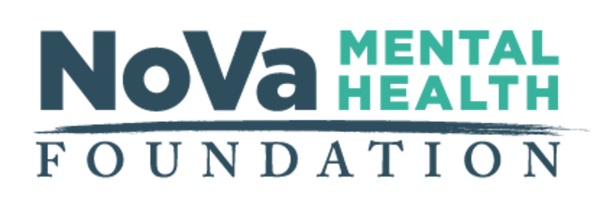
STEP 1
Individuals in treatment at the Fairfax-Falls Church Community Services Board (CSB), a public mental health agency in Fairfax County, Virginia, apply for grants with support from their case managers. Grants must be a part of the treatment plan, and they usually range from $25-$2000.
STEP 2
CSB (Community Services Board) Case Managers send grant requests to NVMHF. The Foundation does not have direct contact with the individuals and families who receive these grants.
STEP 3
NVMHF’s Board of Directors reviews these grants and approves approximately 95% of the submitted requests. Within 7-10 days of submission, the beneficiary receives the funding.
STEP 4
NVMHF requests an update on the individual's treatment plan to track the success of the grants and initiatives.
THE NVMHF FUNDING PROCESS
*The Fairfax-Falls Church Community Services Board (CSB) provides behavioral health treatment services for people of all ages who have mental illness, substance use disorders, and/or developmental disabilities. Their vision is that everyone in our community has the support needed to live a healthy, fulfilling life.
-min.png)